Star Trek’s Most Iconic Villains Don’t Make Sense
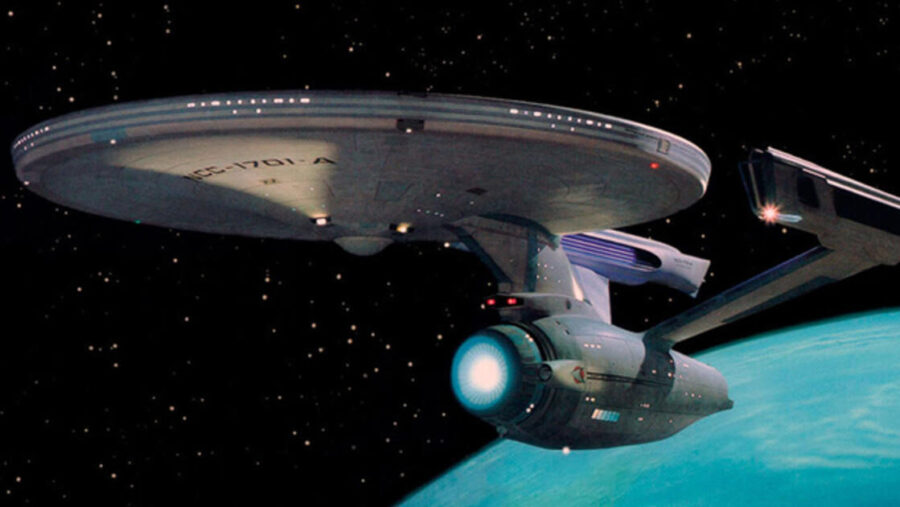
If you know anything about the fearsome Star Trek villains (and later reluctant Federation allies), the Klingons, you know they live by a strict code of honor that drives their entire warrior ethos. This leads to some fun cultural quirks, including the fact that any given Klingon would be thrilled to die in battle so long as others end up singing songs about his exploits. However, one thing about the Klingons stands out even more than their head ridges: when you compare their actions against their honor code, it’s clear the Klingons have no real honor whatsoever.
Honorable Warriors Shouldn’t Use Cloaking Devices
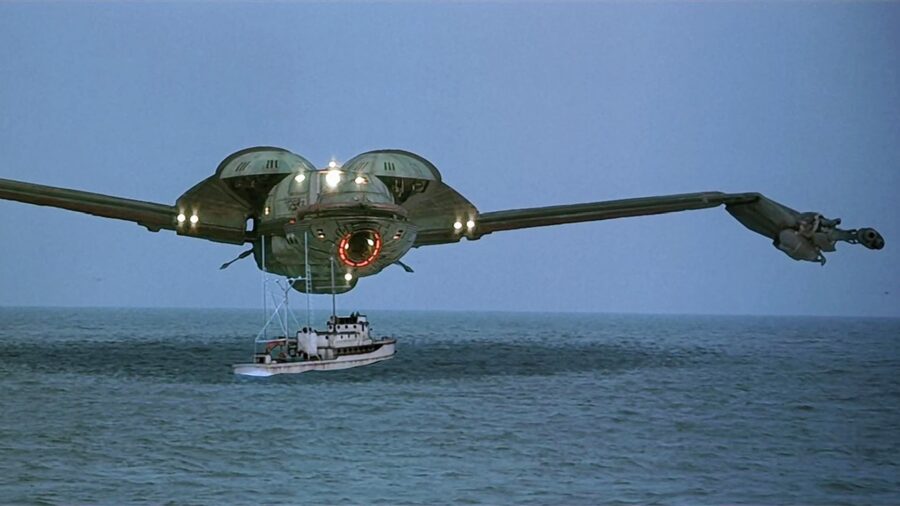
In Star Trek, the biggest example of Klingon’s hypocrisy would be their constant use of the cloaking device in order to defeat their foes. To hear the average warrior talk, Klingons love the idea of facing strong opponents on the battlefield and defeating them, thus proving who the stronger warrior is. Time and time again, though, we see the commanders of Klingon ships using their cloaking devices to sneak up on their enemies, hurting and often killing them as soon as the cloak drops.
Federation Klingon War
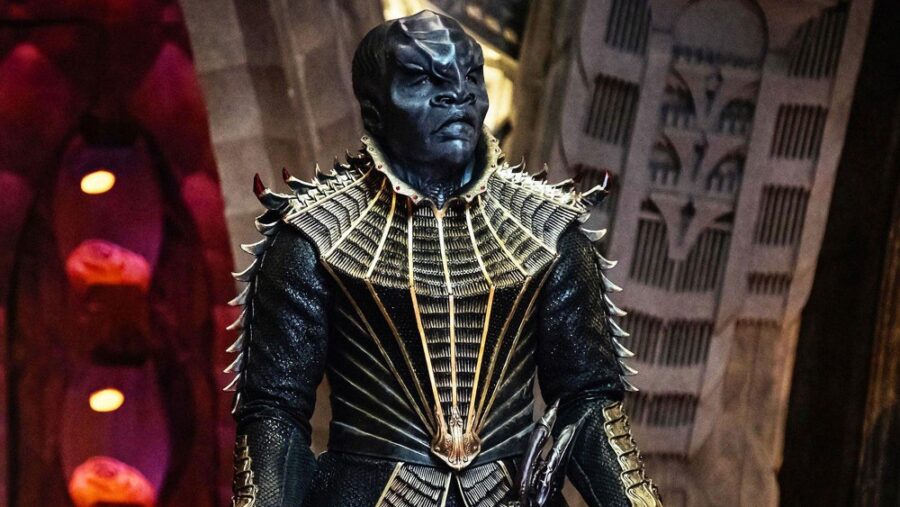
That relative lack of honor was even clearer in the prequel show Star Trek: Discovery as we learn about some of the crazier Klingon actions during their brief but bloody war with the Federation. At various points, these aliens attacked medical, civilian, and supply targets that couldn’t really fight back. In other instances, we learn about Klingons burning off an atmosphere to kill an entire civilian population and even parking a cloaked ship inside a Federation starbase before activating its self-destruct function and killing everyone.
A Willingness To Go After The Defenseless
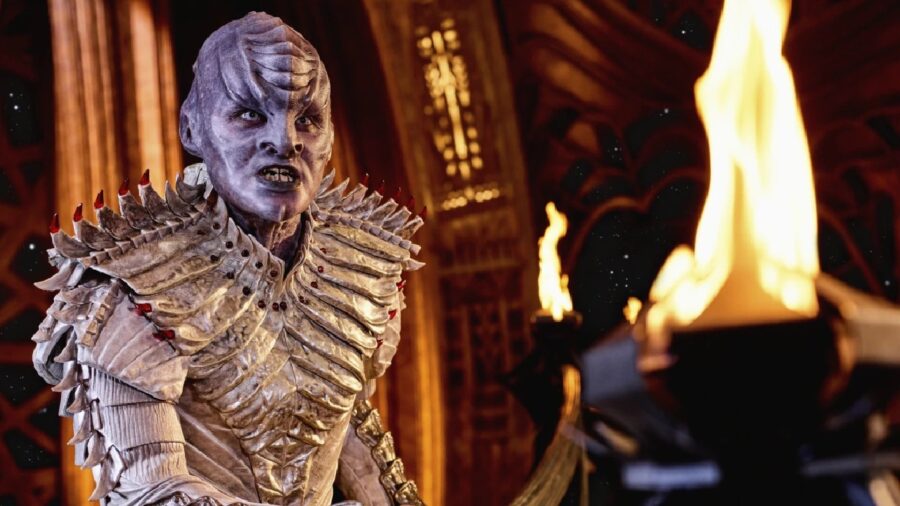
What do all of these bloody incidents from Star Trek: Discovery tell us? In short, despite talking a big game about their desire to defeat strong foes, the average Klingon is happy to engage in widespread murder of defenseless targets; in many cases, they go out of their way to make sure their prey can’t even fire a single shot in retaliation. For aliens that long for “a good day to die,” we can’t help but wonder if other Klingons will really sing songs about the Starbase attacker whose fearsome battlefield skills began and ended with him pushing a button.
A Sneak Attack In Star Trek: Generations
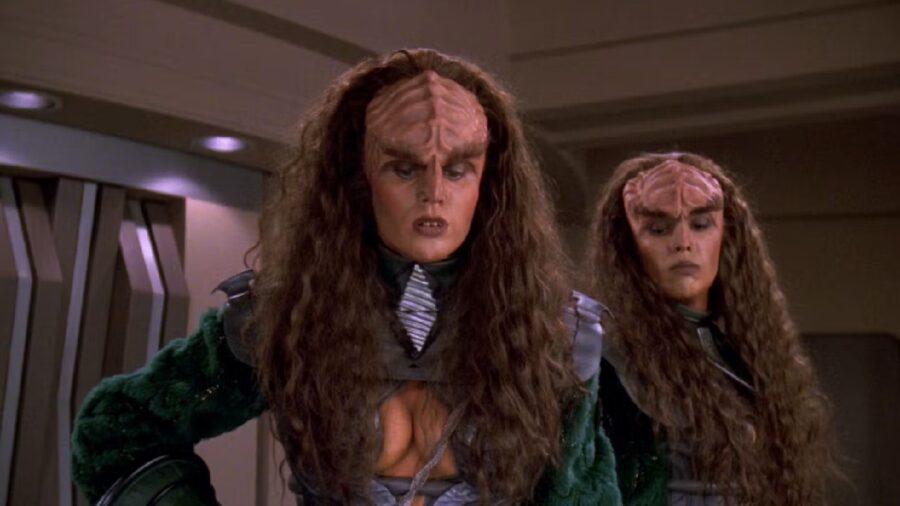
We’ve picked several examples from Discovery, but the Klingons are similarly dishonorable throughout Star Trek. A major plot point of The Next Generation is that the entire Klingon Council was willing to lie about who betrayed them at Khitomer because the truth would cause conflict with a well-connected family. In Star Trek: Generations, the Klingon Duras sisters don’t attack the Enterprise D until they (through deceit and trickery) have the ability to fire right through its shields.
Dishonor From The Top Down
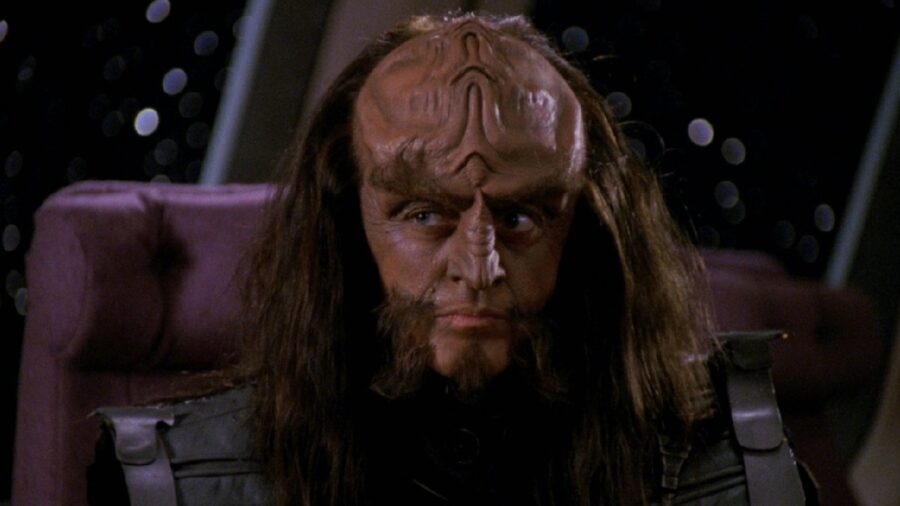
Heck, on Star Trek: Deep Space Nine, Worf himself has to fight and kill Klingon Chancellor Gowron because the leader is too worried about sending Martok (who has grown very popular with his fellow soldiers) on suicide missions to focus on winning the war with the Dominion. As you can see, the sheer dishonor of the Klingons permeates the entire culture, from the High Council all the way up to the Chancellor. Don’t even get us started about when the Boreth monks cloned Kah’less (basically, their space Jesus) and tried to pass himself off as the real thing.
We Still Love The Klingons
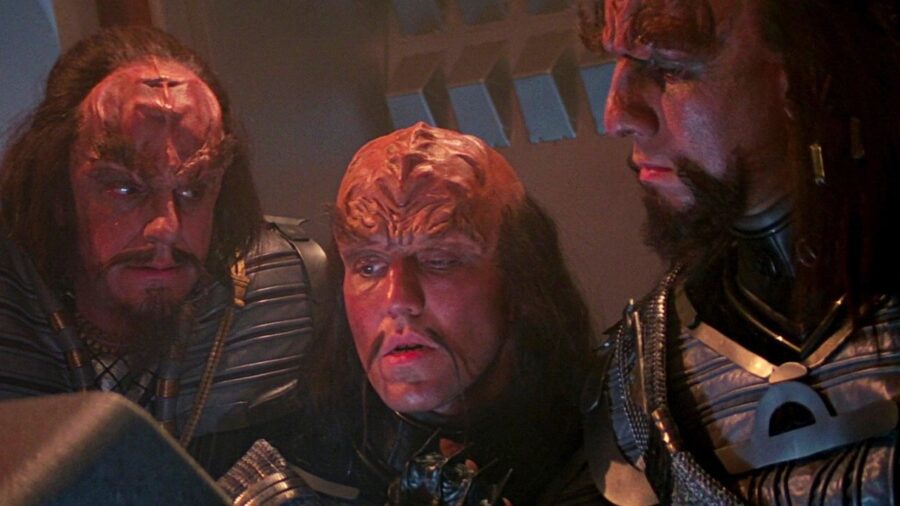
Don’t get us wrong: as Star Trek nerds, we still love the Klingons, and it’s always awesome to learn more about their strict warrior culture. However, the more we learn, the more obvious it is that Klingons care far less about honor than they do about using whatever sneaky and underhanded ways available to win fights against targets that can’t fight back. When it comes to a Klingon’s honor, it turns out that today, and every day, is a good day to lie.












